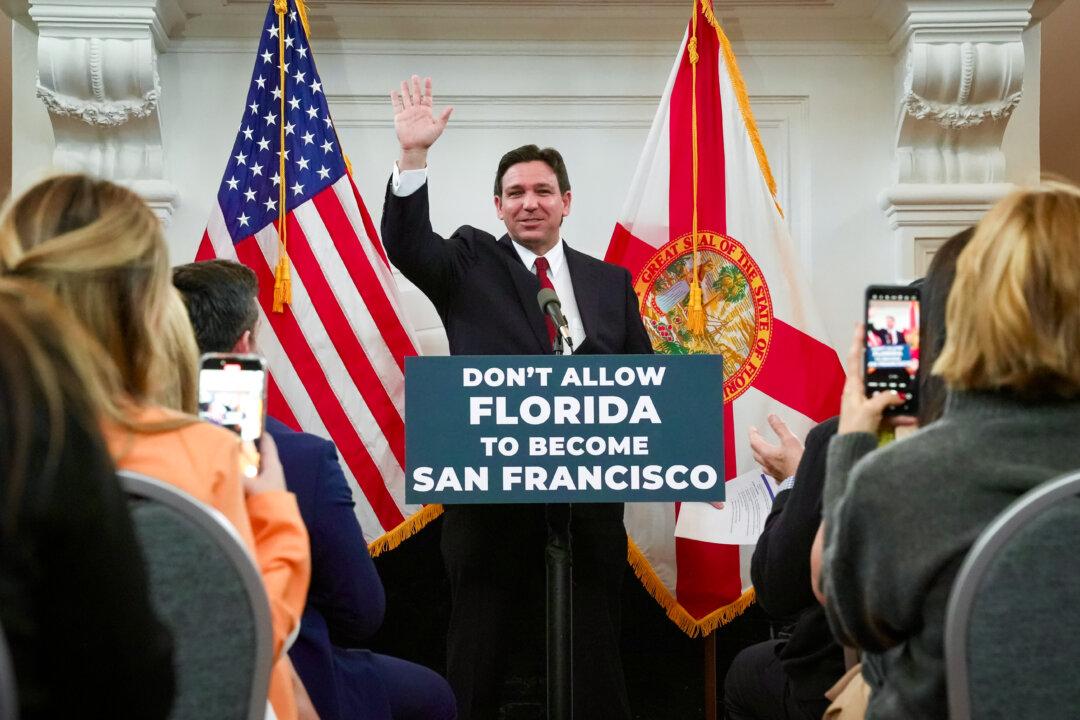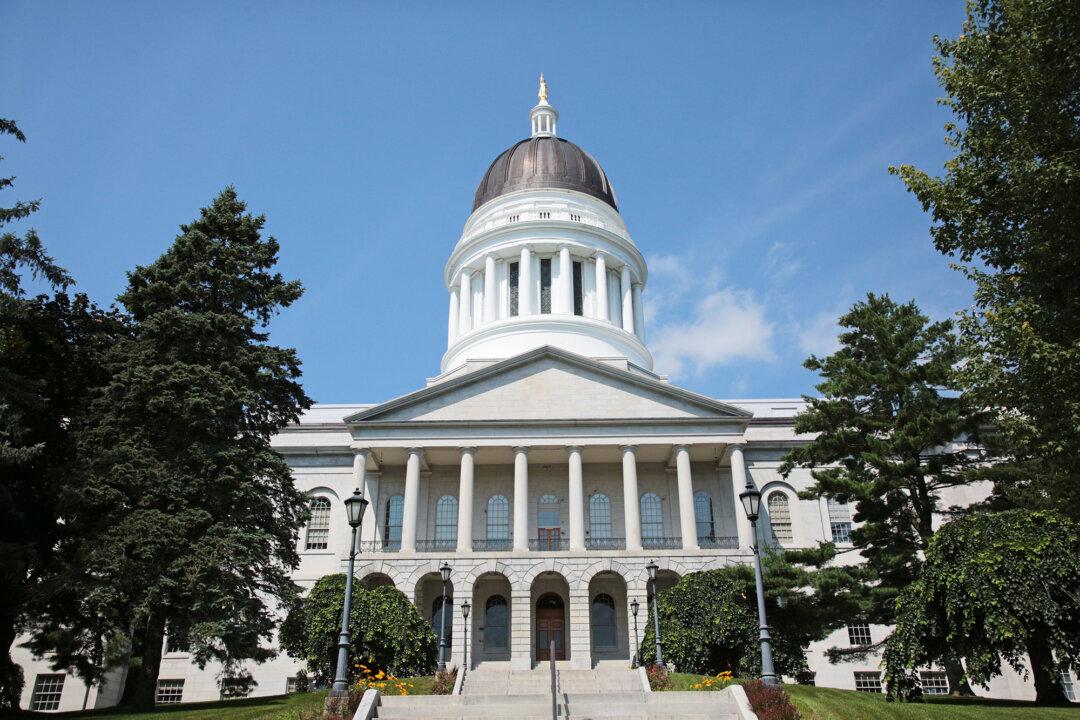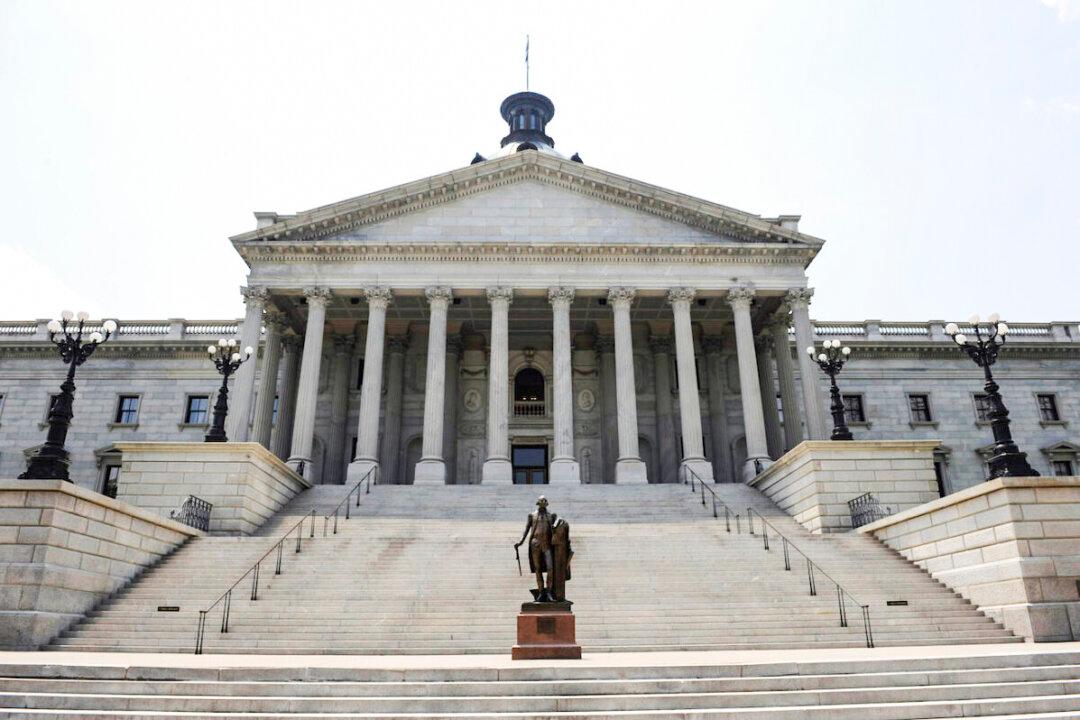A proposed Tennessee bill would strengthen “conscience rights,” allowing people qualified to officiate marriage ceremonies to refuse to perform same-sex unions, or any others to which they object.
But on March 14, proponents of the bill hit a snag when it stalled. Members of the state’s Senate Judiciary Committee voted to delay further consideration of the measure until Jan. 23, 2024.




